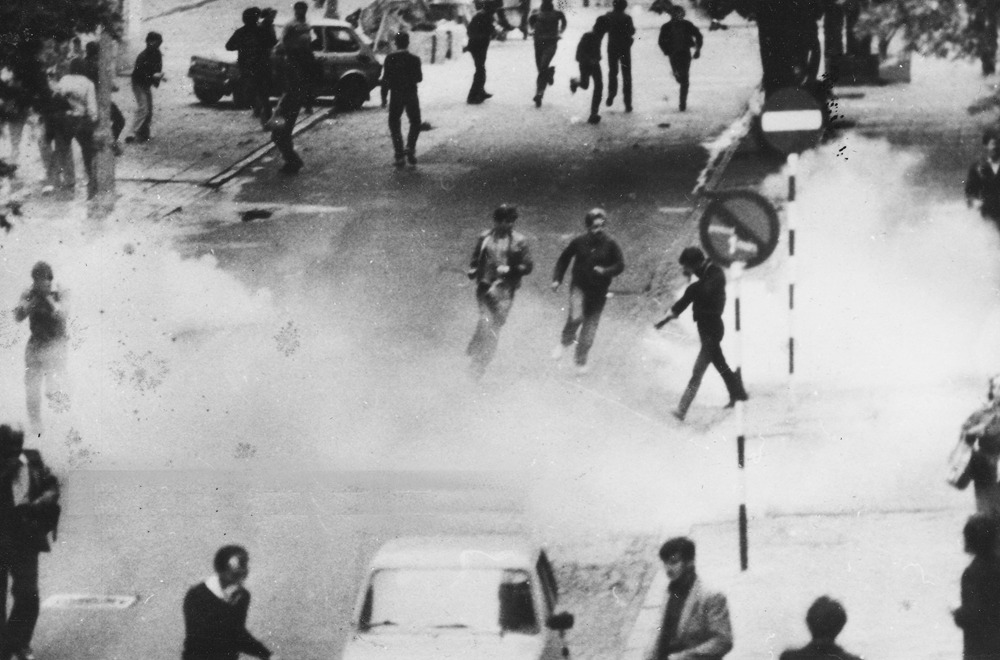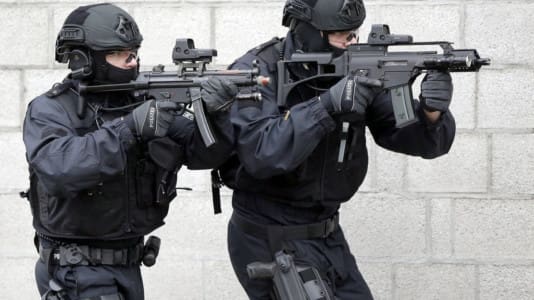This is not an anniversary to be celebrated. It is a bitter reminder of what happens when a massive mono-party seeks to dominate a whole people. It becomes a government based on “the one true” ideology, featuring censorship, newspeak, informing on others, and outright repression. Dec. 13 is a day of sorrowful reflection on the suppression of democracy, freedom of speech and human rights. It is also a day of remembrance of those who opposed these crimes.
The mass resistance movement against the communist regime in Poland, whose representative was the first ever independent trade union in the Soviet bloc, “Solidarity”, gained such momentum that the authorities realized that the wave of freedom would not retreat and could only be stopped by force. The aim of sending the military onto Polish streets was to eliminate social protests and stop the democratization processes which had begun to gain traction in August 1980 owing to “Solidarity.”
On Dec. 13, 1981, at 6:00 a.m., the then head of government and first secretary of the Polish United Workers’ Party (PZPR) General Wojciech Jaruzelski read a decree of the State Council on television which imposed martial law in Poland. He justified the decision due to an economic breakdown and the threat of a coup carried out by “Solidarity.”
Tanks, armored vehicles, and military and police units were sent out on Polish streets. Bans were imposed on public gatherings, strikes, and pres s reports from the majority of Poland’s press outlets. There were also restrictions on movement and private phones, while radio broadcasts and television stations were “covered” by uniform services.
Thousands of police officers and soldiers patrolled the streets and enforced the curfew, which ran between 10:00 p.m. and 6:00 a.m. Special courts began to operate and slapped swift sentences on those who did not abide the new rules and had to go underground.
The police and communist special services (SB) eagerly hunted down opposition and trade union activists, and mass arrests ensued. People were sent to prisons or isolated in interment centers. Close to 10,000 people in Poland received convictions that led to their interment.
Martial law had shattered the lives of millions of citizens. Over a million Poles had emigrated from the country. Several dozen people were killed. The vision of a truly free and sovereign Poland was pushed back by years.
Officially, the whole affair was meant to protect Poland from Soviet military intervention, but the real reason for it was the communists’ desire to maintain power.
The martial law in Poland was suspended on Dec. 31, 1982, and was formally lifted on 22 July 22, 1983. It lasted 586 days.





